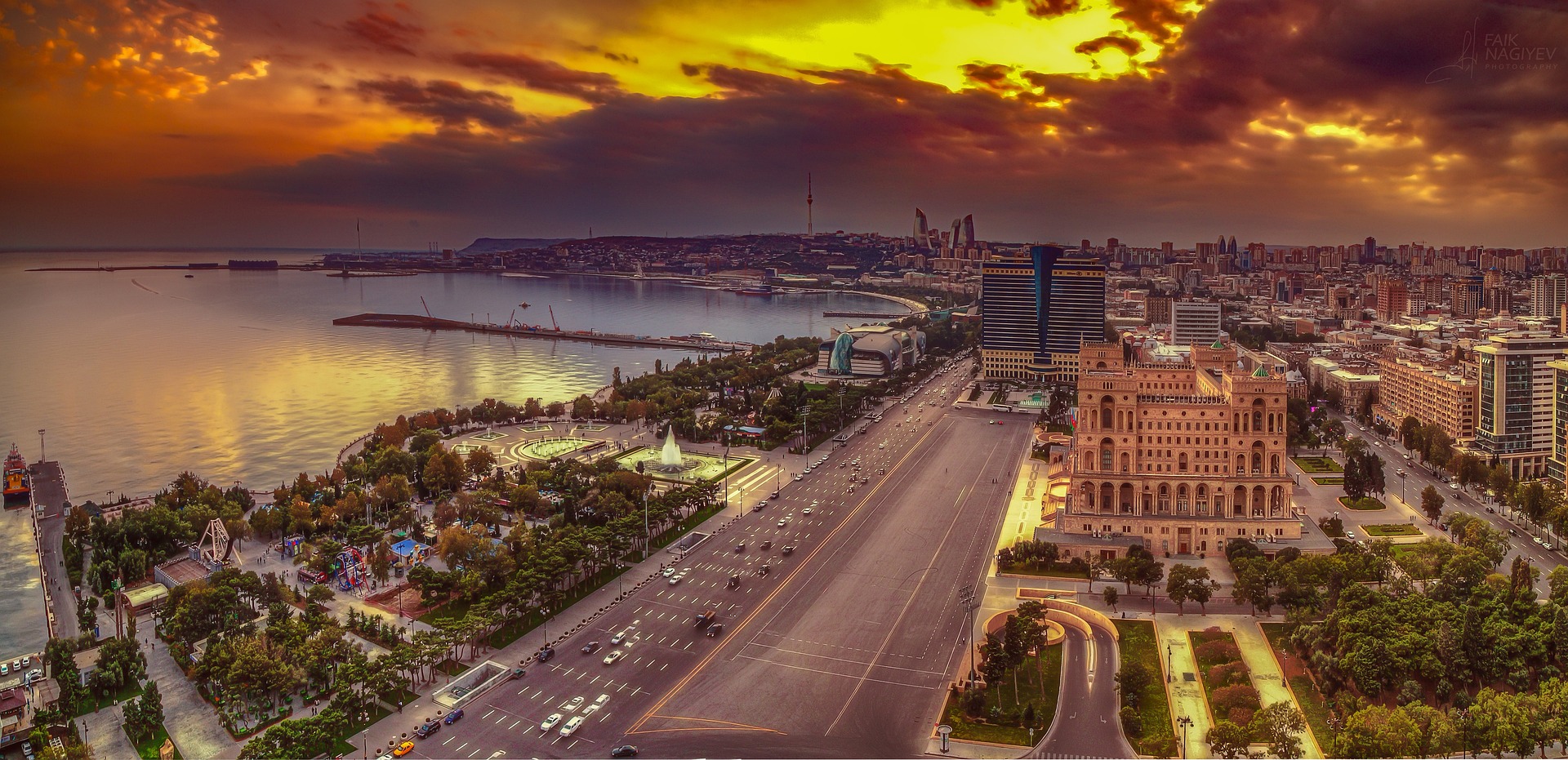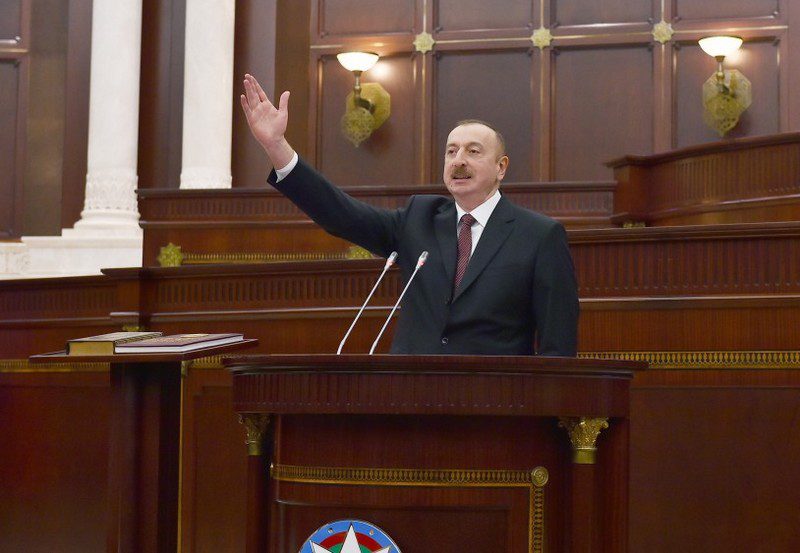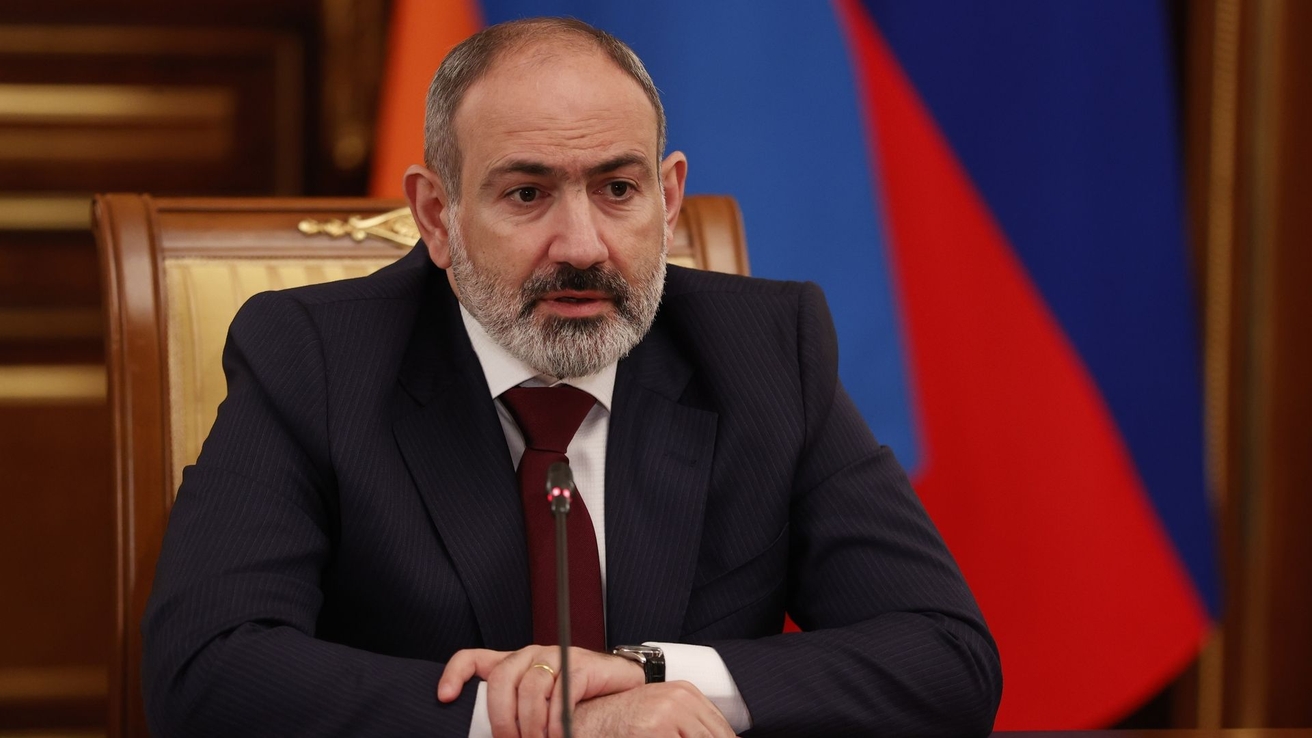Turkish investigative reporter Abdullah Bozkurt wrote in the Nordic Monitor an article titled, “Senior Turkish diplomats accused of human trafficking, fraud in Washington, D.C., court.”
Bozkurt reported that Husnu Sinan Ertay, the former deputy chief of mission — the second-highest ranking diplomat at the Turkish Embassy in Washington, D.C., — and his wife, Anil Ozge Ertay, a diplomatic Counselor at the Embassy, were “accused of human trafficking, fraud, unjust enrichment, breach of contract and violations of U.S. labor and wage laws.” The civil suit was filed in May in the U.S. District Court for the District of Columbia by their nanny, Philippine national Sharon Thomas Agdipa. If the judge agrees to accept the case, the court will determine the couple’s guilt or innocence.
The Turkish diplomats lived in a million-dollar, 1,330-square-foot townhouse in a gated community on Embassy Park Drive, in the Washington neighborhood of Wesley Heights. Their babysitter claims that “she was lured from the Philippines to the U.S. with promises of a job, fair wages and a private room, only to be subjected to forced labor.” According to her lawyers, “she endured emotional and physical suffering, was deprived of regular meals, denied a private bedroom, grossly underpaid, threatened with deportation and frequently subjected to verbal abuse.”
Bozkurt wrote that his “sources in the Turkish diplomatic community who spoke to Nordic Monitor expressed little surprise at the charges, citing the nature and character of the Ertay couple. ‘Mrs. Ertay is known to be a vicious person among her colleagues,’ one source said, speaking on condition of anonymity. Other sources claimed that her husband secured his position at the foreign ministry largely due to his father’s influential role as deputy undersecretary responsible for personnel.”
Bozkurt wrote that “Agdipa’s ordeal began in November 2019, when Mrs. Ertay offered her a job in Washington, D.C. However, when Agdipa began working for the couple in February 2020, her duties extended beyond caring for their 5-year-old son, to include various housekeeping tasks, from cleaning and cooking to gardening.”
Bozkurt reported: “Although her contract specified a 35-hour workweek at $14 an hour, Agdipa was working over 80 hours a week and was required to remain on standby at all hours to accommodate the couple’s demands. She received no compensation for overtime, a clear violation of the contract’s terms. The suit alleges that the couple compelled Agdipa to return a portion of her salary by instructing her to withdraw cash from an ATM and hand it back to them…. Over the course of 15 months of working for the couple, Agdipa was required to return approximately one-third of her total wages, amounting to $9,450.”
The lawsuit alleges that the Turkish couple “was abusive toward her, using insults and curses, threatening to evict her and inflicting emotional and psychological distress. She was told that she would be deported from the country if she complained about the working conditions.”
Agdipa alleges that she was denied regular meals contrary to the contract, was not allowed to prepare her own food and was refused medical care and sick leave when needed. Bozkurt reported: “Although the contract stipulated that she would receive private room and board, Agdipa was assigned to sleep in a windowless basement. This space was regularly accessed by the Turkish deputy chief of mission.”
On May 5, 2021, the babysitter fled from the diplomats’ house, leaving most of her belongings behind. The labor attaché for the Embassy of Philippines in Washington, learning of her situation, referred Agdipa to a law firm to defend her.
The law firm notified the U.S. government of the case after Agdipa testified about the abuse and forced labor she had endured. However, to date, no criminal charges have been filed against the diplomats by the U.S. authorities.
The lawsuit alleges that “the actions of the Ertays — ranging from recruiting Agdipa and convincing her to travel to the US, to threatening her with deportation and stealing her wages — violate multiple laws…. Moreover, their conduct is alleged to have involved breaches of contract, unjust enrichment, intentional infliction of emotional distress and fraud.”
On May 20, 2024, Agdipa’s attorneys — Olamide S. Orebamjo, Melissa L. Patterson and Elizabeth S. Fassih of the Jones Day law firm in Washington, D.C. – asked the court for a jury trial.
It is not known how the judge will deal with the case, given the fact the Turkish couple had returned to Turkey and enjoyed diplomatic immunity.
Buzkurt reported that the Turkish couple is working at the Turkish Foreign Ministry in Ankara. “Mr. Ertay currently serves as head of department at the Directorate General for East Asia” while Mrs. Ertay is “head of department at the Directorate General for North America.”







